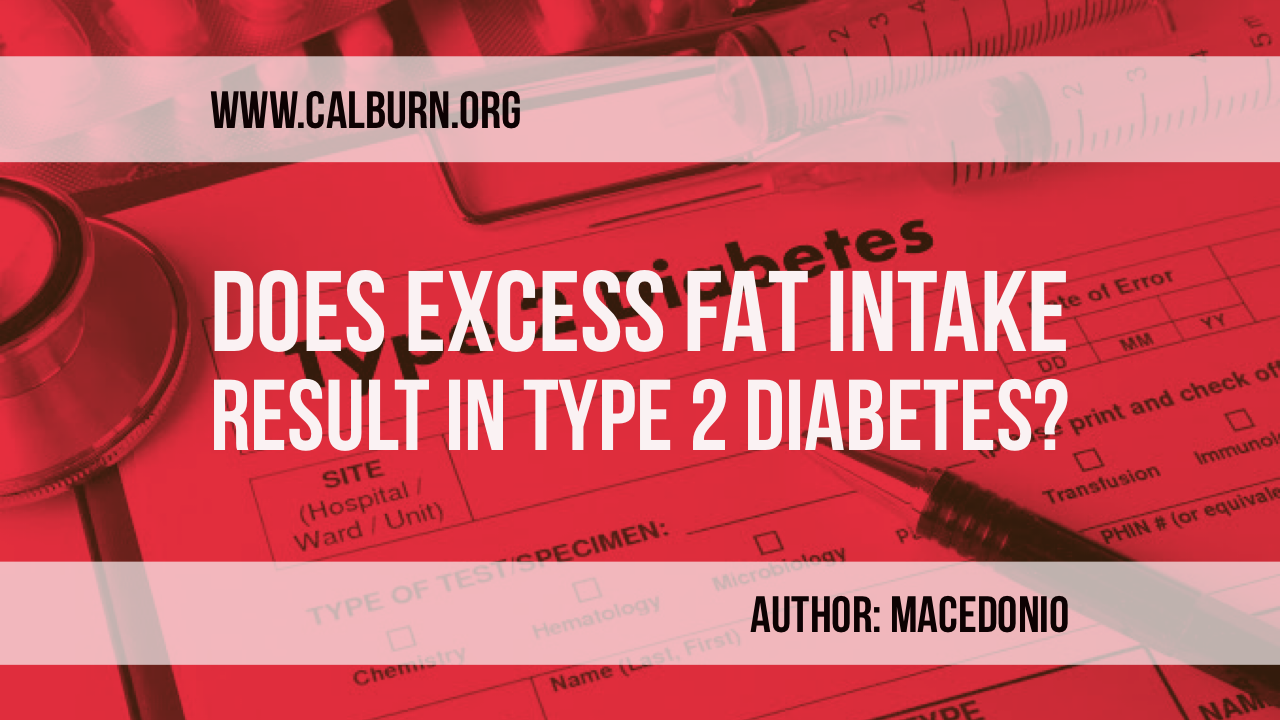Circulating levels of lipids (fats), notably Free Fatty Acids (FFAs), triglycerides (TGs), and cholesterol, are closely linked to glucose (sugar/carbohydrate) metabolism and need to be kept below specific thresholds. I am sure you are aware of these compounds and their ill effects on your health whenever there is an excess in your body.
What you may not know, however, is that the hormone Insulin plays a vital role in maintaining blood lipid levels below these thresholds. Abnormally high blood lipid levels lead to the accumulation of TG and other lipids in nonadipose tissue organs (called ectopic lipid; especially in the liver and skeletal muscle). Thus, it is crucial to recognize that an individual’s excess amount of fat/oil intake will result in the storage of the excess fat not only subcutaneously (under the skin) but also in the liver and skeletal muscle. That is bad news.
This ectopic TG and lipid compromise the ability of insulin to control both glucose and lipid levels. This is one of the facets of insulin resistance; insulin resistance consequently increases the risk for type 2 diabetes and cardiovascular disease. In short, excess sweets and other carbohydrate intake are not the only factors that increase the risk of type 2 diabetes and cardiovascular disease. Excess fat/oil intake increases the risk too.
I’ve tried my best to make you aware of this process. I hope this information helps you to improve your health and fitness. I’d also suggest you take advice from a medical doctor if you have been consuming a high amount of fat and carbohydrate, or if your blood lipid test reports are above the normal range. A meaningful exercise and nutrition regimen will enable you to restore your health. I will give you more details about exercise and nutrition in my future articles. If you have any questions or feedback, please leave them in the comments section. Until then…
Stay Strong, Stay Healthy!
Reference: Endocrine Physiology-Bruce A White and Susan P. Porterfield
